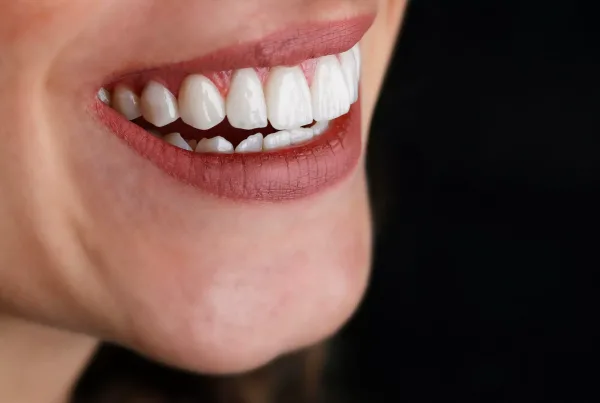Difficulty in swallowing, also known as dysphagia, can be caused by various factors, some of which are related to dental and oral health, while others are related to medical conditions. If you are experiencing difficulty in swallowing, it’s important to consult a healthcare professional for a proper diagnosis and appropriate treatment. Here are some potential causes of difficulty in swallowing:
- Dental and Oral Health Issues:
- Dental Infections: Tooth or gum infections can cause localized swelling and pain that might make swallowing uncomfortable.
- Oral Lesions: Mouth sores, ulcers, or lesions can lead to pain while swallowing.
- Inflammation: Inflammation in the throat, tonsils, or oral tissues can cause discomfort during swallowing.
- Gastroesophageal Reflux Disease (GERD):
- GERD occurs when stomach acid flows back into the esophagus, causing irritation and potentially leading to difficulty in swallowing, a sensation of a lump in the throat, or heartburn.
- Tonsillitis or Pharyngitis:
- Infections of the tonsils or throat can result in pain and inflammation, making swallowing painful or challenging.
- Swollen Lymph Nodes:
- Enlarged lymph nodes in the neck can cause discomfort or difficulty in swallowing.
- Neurological Disorders:
- Conditions such as stroke, Parkinson’s disease, multiple sclerosis, and ALS can affect the muscles and nerves involved in swallowing.
- Muscle Weakness or Dysfunction:
- Muscle weakness in the mouth, throat, or esophagus can lead to difficulty in swallowing.
- Esophageal Disorders:
- Conditions like esophagitis (inflammation of the esophagus), esophageal spasms, or narrowing of the esophagus can cause difficulty in swallowing.
- Cancers:
- Tumors in the throat, esophagus, or mouth can lead to difficulty in swallowing, especially as they grow and narrow the passage.
- Medications:
- Certain medications, especially those that can cause dry mouth or reduce muscle function, might lead to swallowing difficulties.
- Psychological Factors:
- Anxiety or stress can sometimes lead to a sensation of difficulty in swallowing, even when there isn’t a physical obstruction.
- Allergies:
- Severe allergies or anaphylaxis can cause swelling of the throat, leading to difficulty in breathing and swallowing.
If you’re experiencing persistent or worsening difficulty in swallowing, seek medical attention promptly. A healthcare professional will conduct a thorough evaluation, which might include a physical examination, medical history review, and possibly imaging or other tests, to determine the underlying cause of your symptoms and recommend appropriate treatment.





